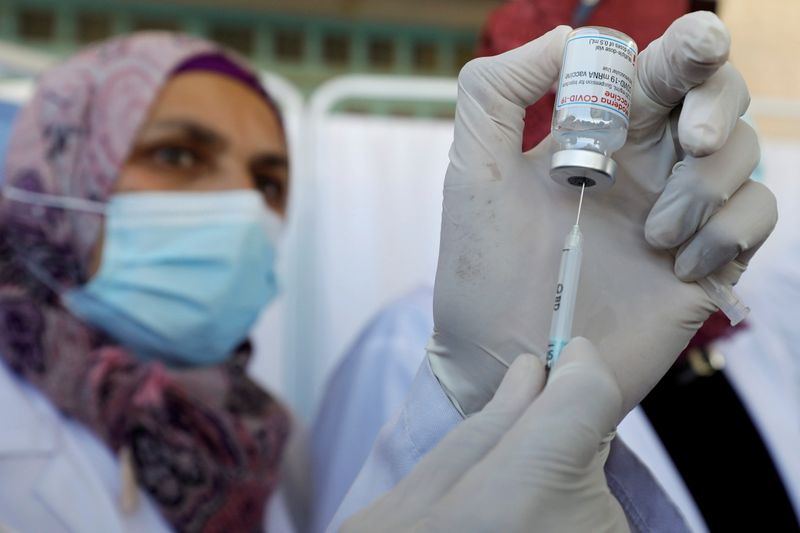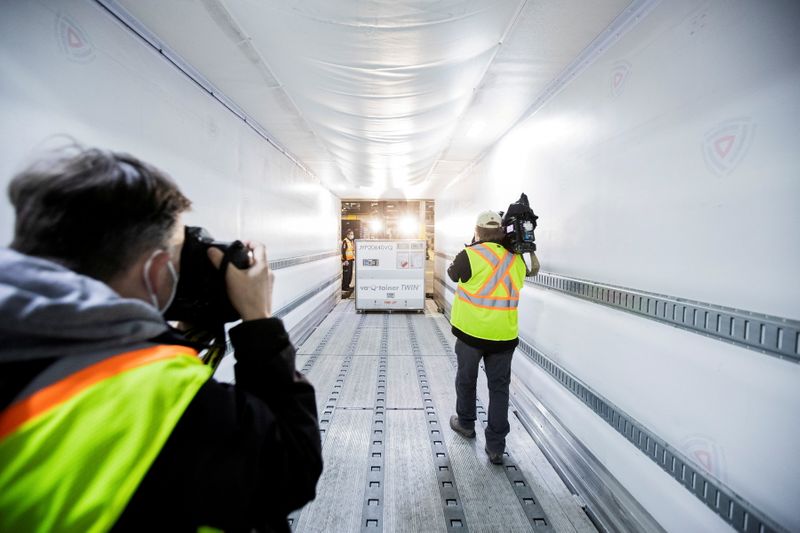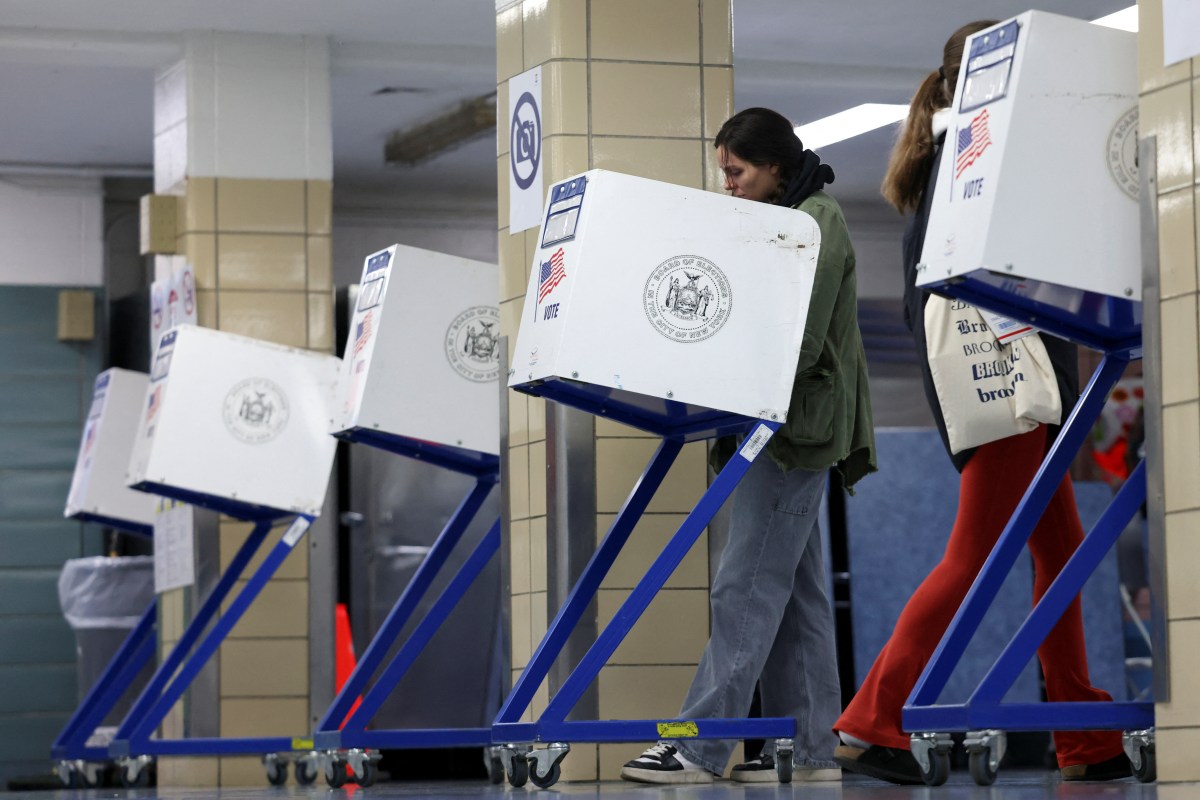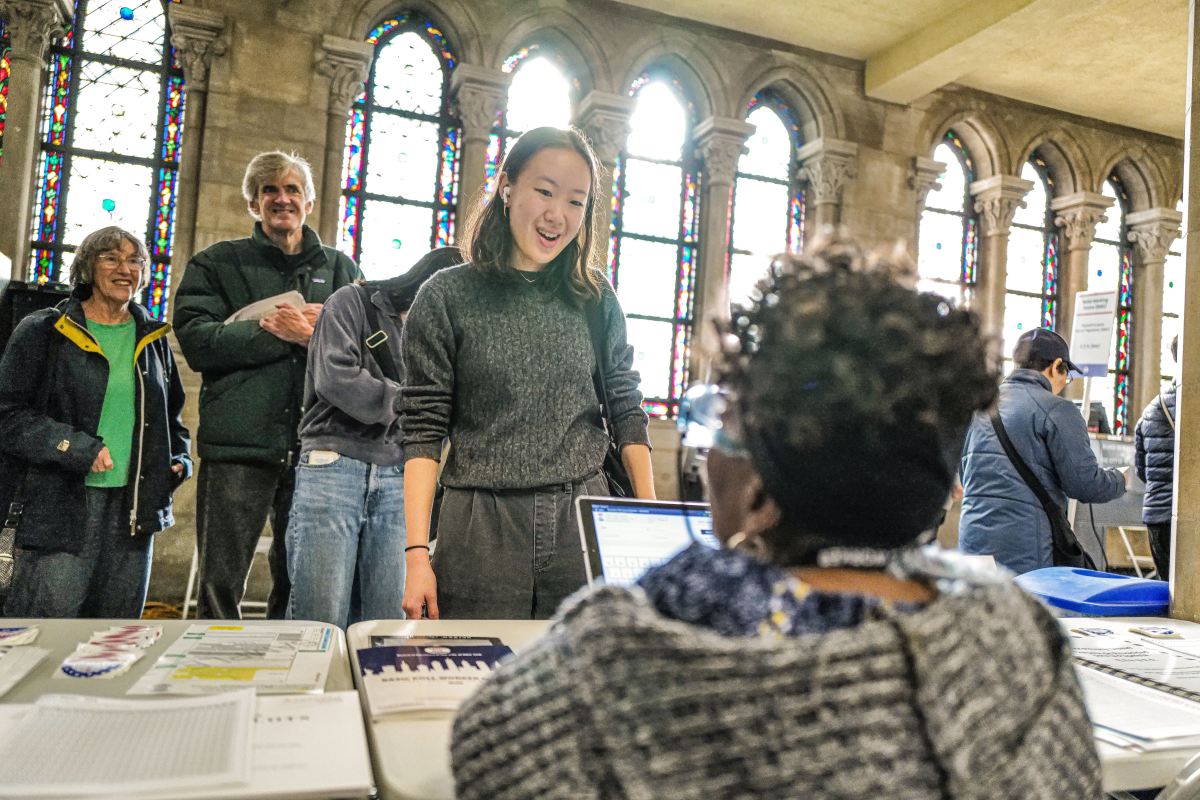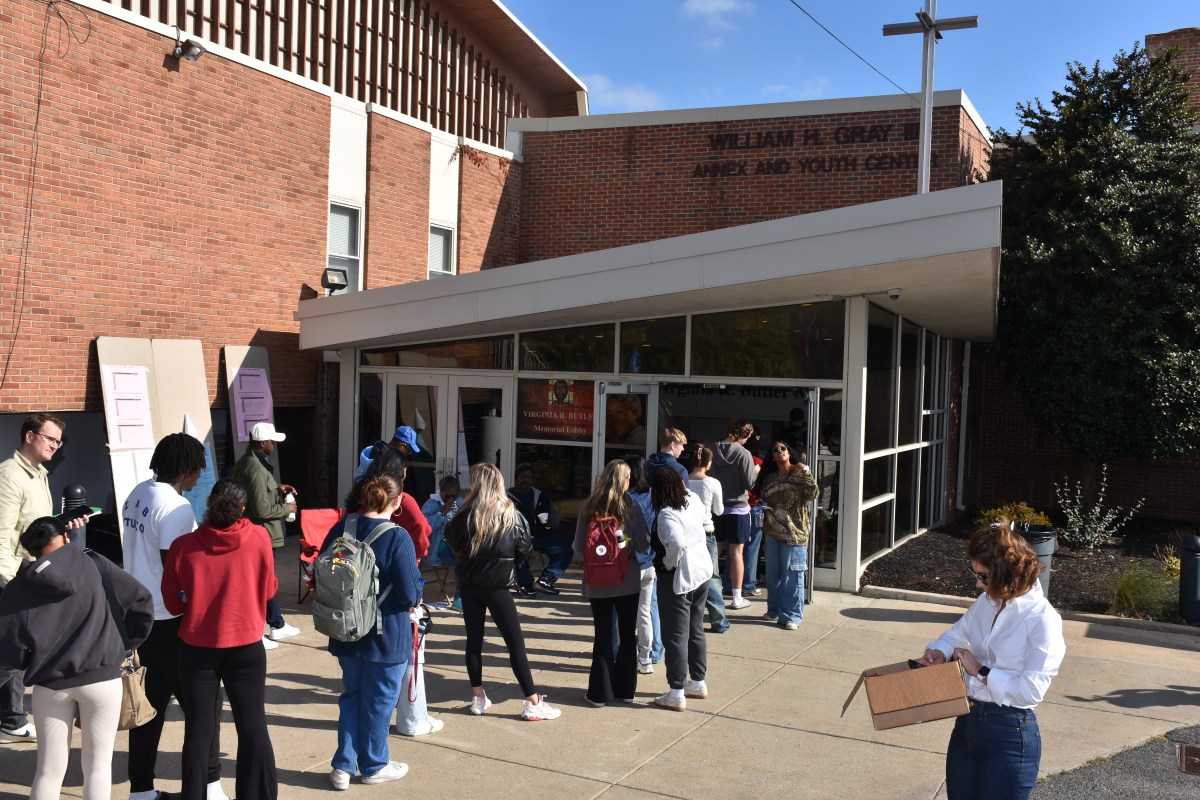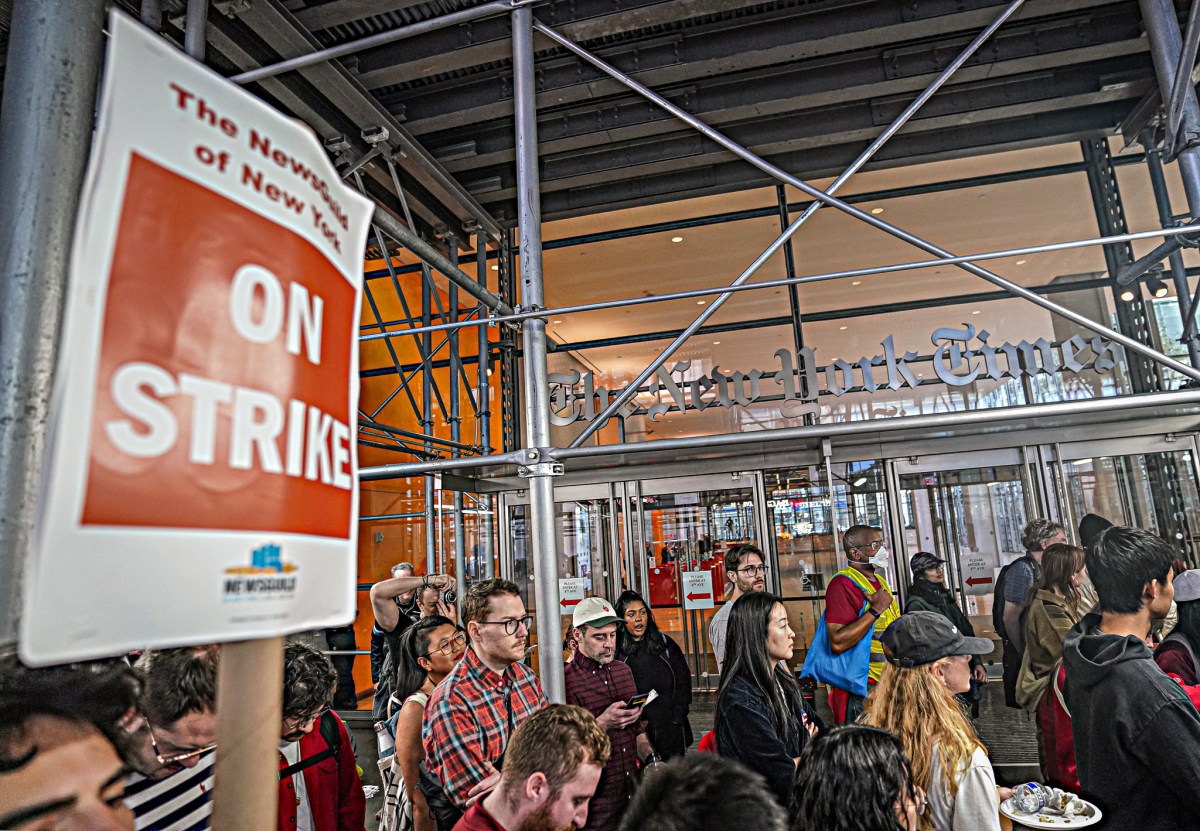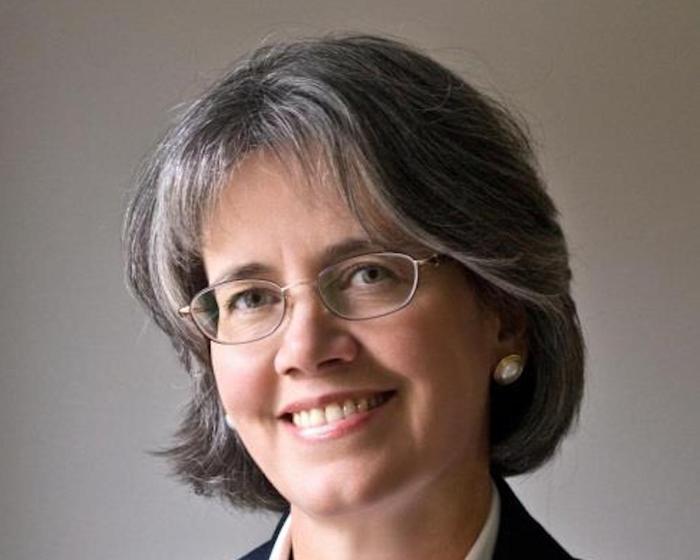WASHINGTON (Reuters) -The International Monetary Fund on Friday unveiled a $50 billion proposal to end the COVID-19 pandemic by vaccinating at least 40% of the population in all countries by the end of 2021 and at least 60% by the first half of 2022.
Doing so, IMF officials say, would inject the equivalent of $9 trillion into the global economy by 2025 due to a faster resumption of economic activity, with rich countries potentially benefiting the most.
The pandemic has killed more than 3.5 million people across the world, and projections point to highly unequal health prospects well into 2022, which poses “severe risks” for the world, including heightened chances of social unrest and geopolitical tensions, the IMF said.
Across Africa, just 2% of the population has been vaccinated, compared to 40% for the United States and 20% in Europe. Barring quick action, many poor nations will not see large percentages of their populations vaccinated until 2023, the IMF said.
IMF Managing Director Kristalina Georgieva told a health summit hosted by the European Commission and Group of 20 major economies that it made sense for rich economies to boost donations to ensure a faster end to the pandemic.
“Advanced economies – asked to contribute most to this effort – would likely see the highest return on public investment in modern history, capturing 40% of the GDP gains and roughly $1 trillion in additional tax revenues,” she said in her prepared remarks.
The proposal, drafted by IMF chief economist Gita Gopinath and staff economist Ruchir Agarwal, builds on efforts already underway by the Access to COVID-19 Tools (ACT) Accelerator, United Nations, World Health Organization and other groups.
Implementing the plan would cost some $50 billion, with $35 billion to be paid for by grants from rich countries, private and multilateral donors, and the remaining $15 billion to be funded by national governments using low- or no-interest financing available from multilateral development banks.
G20 countries had already recognized the need for some $22 billion in grants to tackle the health crisis, leaving some $13 billion in additional grants needed to reach $50 billion, the IMF said.
Georgieva had discussed the proposal with leaders in the Group of Seven (G7) advanced economies and G20, Gopinath told reporters, adding that she wanted to say she was optimistic they would back the plan, but it was too soon to be sure.
“The amount that is needed is not very big, and the reason is because a lot of investment has already been made,” she said.
The plan calls for upfront financing, vaccine donations and moves to ensure free cross-border flows of raw materials and finished vaccines, as well as some $8 billion in investments to diversify and increase vaccine production capacity worldwide.
The IMF projected some 1 billion doses could be donated this year even if countries prioritized their own populations, and another 1 billion doses should be produced by early 2022 to handle emerging risks, such as new virus variants that require booster shots.
While the vaccine supply was still limited, it called for $30 billion in spending on widespread testing, sufficient therapeutics and preparations for vaccine deployment, as well as $2 billion to evaluate and implement dose-stretching strategies.
Without urgent actions, many emerging and developing countries might have to wait until the end of 2022 or later to bring the pandemic under control, they said.
Even richer countries that were vaccinating quickly faced risks, Gopinath said.
“This is a kind of precarious normal for the countries that are opening up …. because we know and public health officials have told us many times over that the pandemic is not over anywhere until it’s over everywhere.”
(Reporting by Andrea Shalal; Editing by Nick Zieminski and Bill Berkrot)

